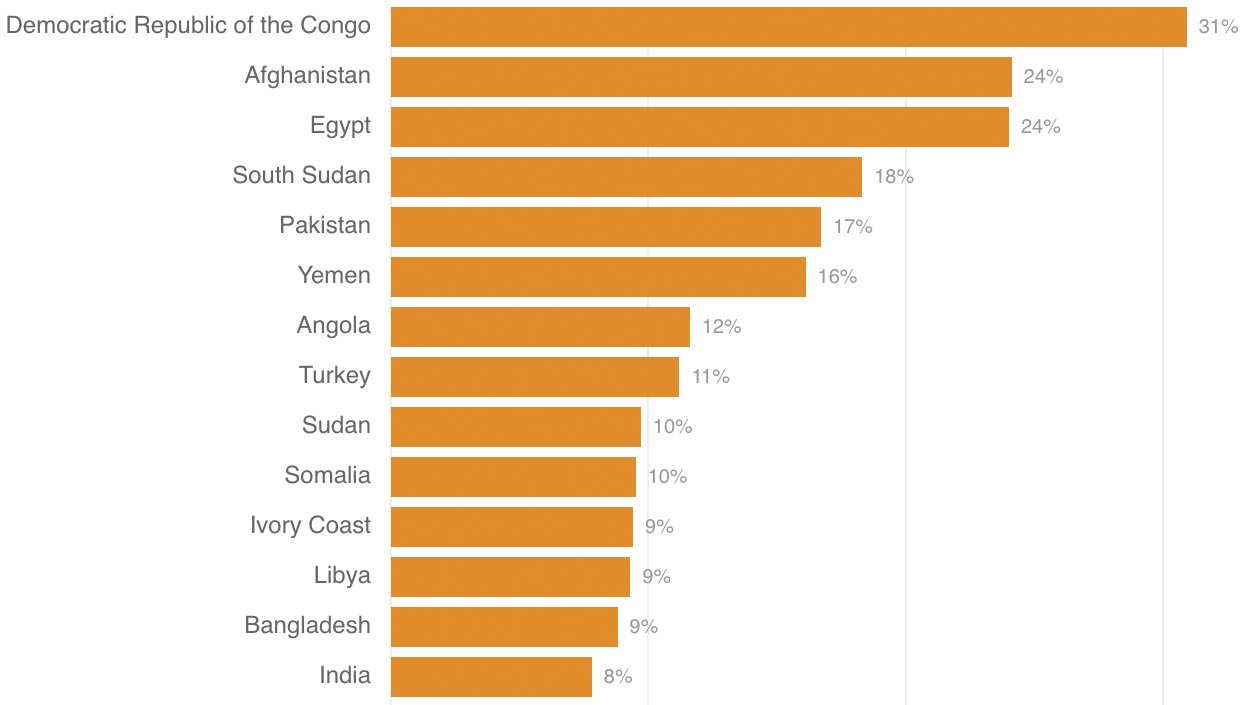Is Genocide Predictable? Researchers Say Absolutely
Scholars at the U.S. Holocaust Memorial Museum say that mass killings follow predictable patterns. They're using a computer model to track where the next genocide is likely to occur.
by Jason Beaubien
Dec 20, 2018
4 minutes

History unfortunately does repeat itself.
Two thousand years ago the Romans laid siege to Carthage, killing more than half of the city's residents and enslaving the rest.
Hitler attempted to annihilate the Jews in Europe. In 1994 the Hutus turned on the Tutsis in Rwanda. The Khmer Rouge killed a quarter of Cambodia's population. After the breakup of Yugoslavia, Serbs slaughtered thousands of Bosnians at Srebrenica in July of 1995.
Last year when Buddhists attacked Rohingya Muslims in Myanmar, many people were shocked to hear that mass killings still occur in the 21st century. But they do â and there's
You’re reading a preview, subscribe to read more.
Start your free 30 days

